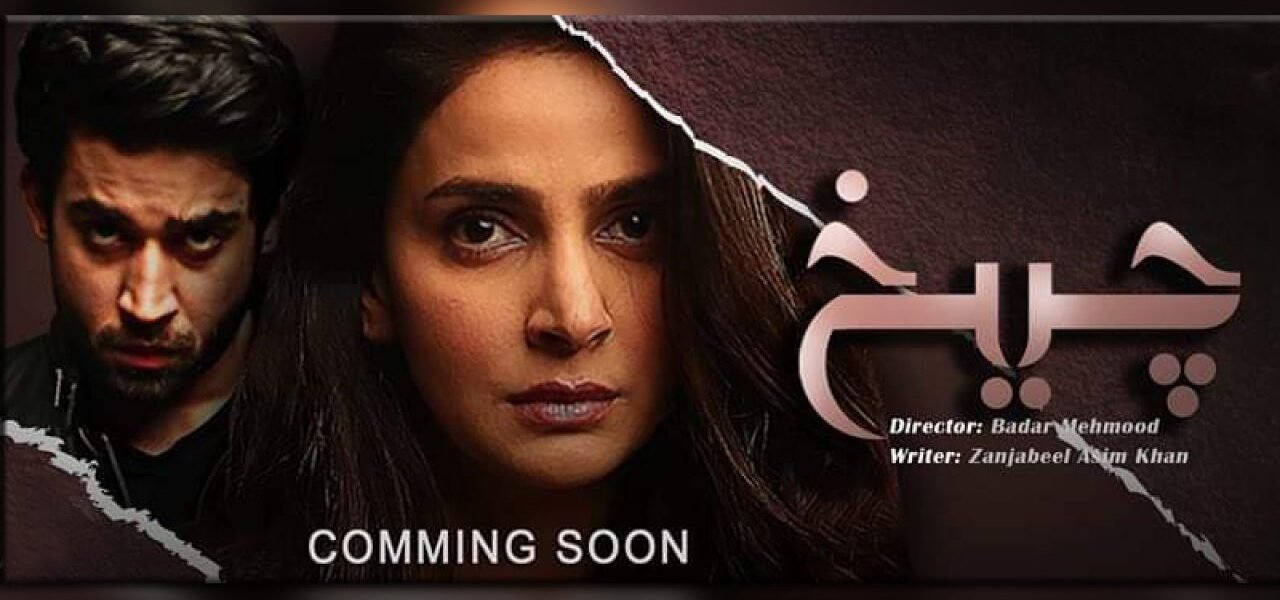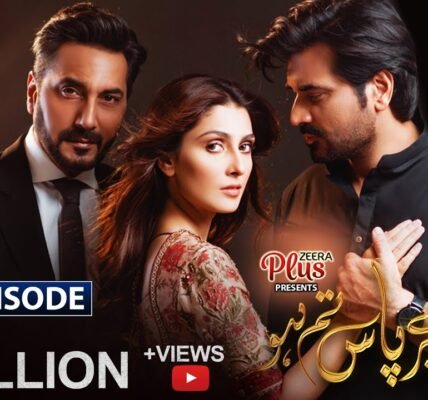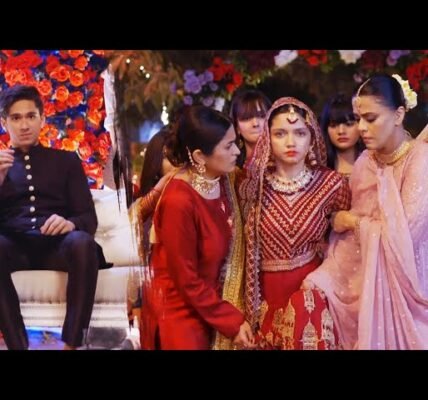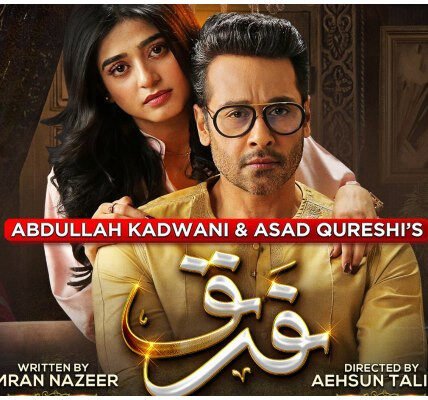Cheekh Drama Review, Cast ,Timings, Ratings, Director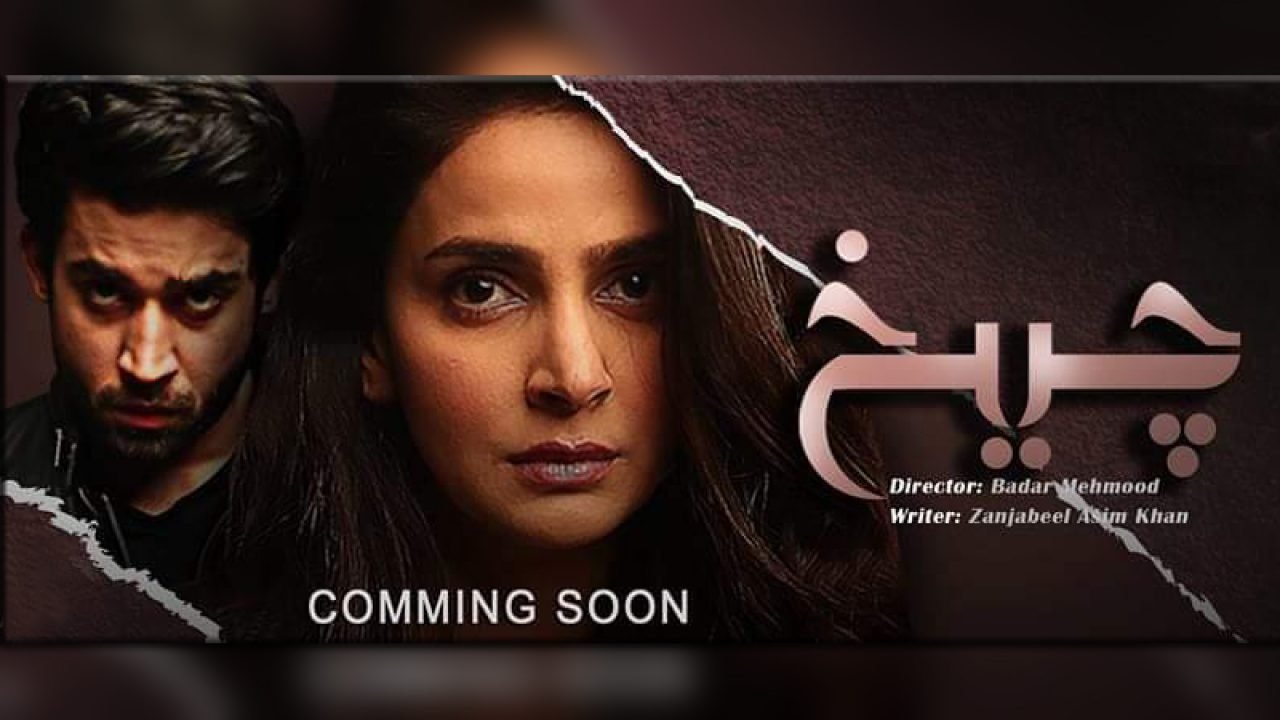
Cheekh Drama Review, a 2019 Pakistani drama series, quickly became a sensation due to its bold narrative, strong character development, and deep exploration of societal and ethical issues. Starring some of the biggest names in the industry, Cheekh aired on ARY Digital from January 2019 to August 2019 and was widely appreciated for its suspenseful storyline and intense performances. Directed by Badar Mehmood and written by Zanjabeel Asim Shah, Cheekh marked a significant shift in Pakistani television, focusing on a serious social issue—the pursuit of justice for women wronged by powerful figures.
Cast and Characters
One of the core strengths of Cheekh lies in its stellar cast, each playing a pivotal role that carries the weight of the show’s central theme—justice.
- Saba Qamar as Mannat Shayan Saba Qamar delivers a powerhouse performance as Mannat, a strong-willed woman determined to fight for justice against all odds. Her portrayal of a woman’s relentless pursuit to seek justice for her friend is central to the narrative. Mannat’s transformation from a supportive friend to a fierce warrior is riveting, and Saba Qamar nails every emotional beat with precision and grace.
- Bilal Abbas Khan as Wajih Taseer Bilal Abbas Khan plays Wajih, the show’s antagonist. His character is central to the drama’s conflict, as Wajih is the man responsible for the death of Nayab (played by Ushna Shah), a close friend of Mannat. Bilal Abbas Khan’s portrayal of a seemingly charming yet morally corrupt individual is chilling. His transformation from a carefree young man to a ruthless, guiltless individual is unnerving and well-executed.
- Aijaz Aslam as Shayan Taseer Aijaz Aslam plays Mannat’s husband, Shayan. He is caught in the crossfire between his wife’s pursuit of justice and his loyalty to his family. Shayan’s character is torn between love, loyalty, and the burden of standing by what is right. Aijaz Aslam brings a calm yet conflicted energy to his role, serving as the moral anchor in the chaotic situation his family finds itself in.
- Emmad Irfani as Yawar Taseer Yawar, played by Emmad Irfani, is Wajih’s older brother. He is shown as the patriarch of the family, who believes in using power and money to maintain his family’s dignity at any cost. His character is complex, and Emmad Irfani expertly portrays a man burdened with familial pride, often making questionable decisions to protect his younger brother.
- Ushna Shah as Nayab Ushna Shah plays Nayab, the innocent and vibrant girl whose death sets off the drama’s tragic events. While her screen time is brief, her role is pivotal in triggering the series of events that lead to Mannat’s fight for justice.
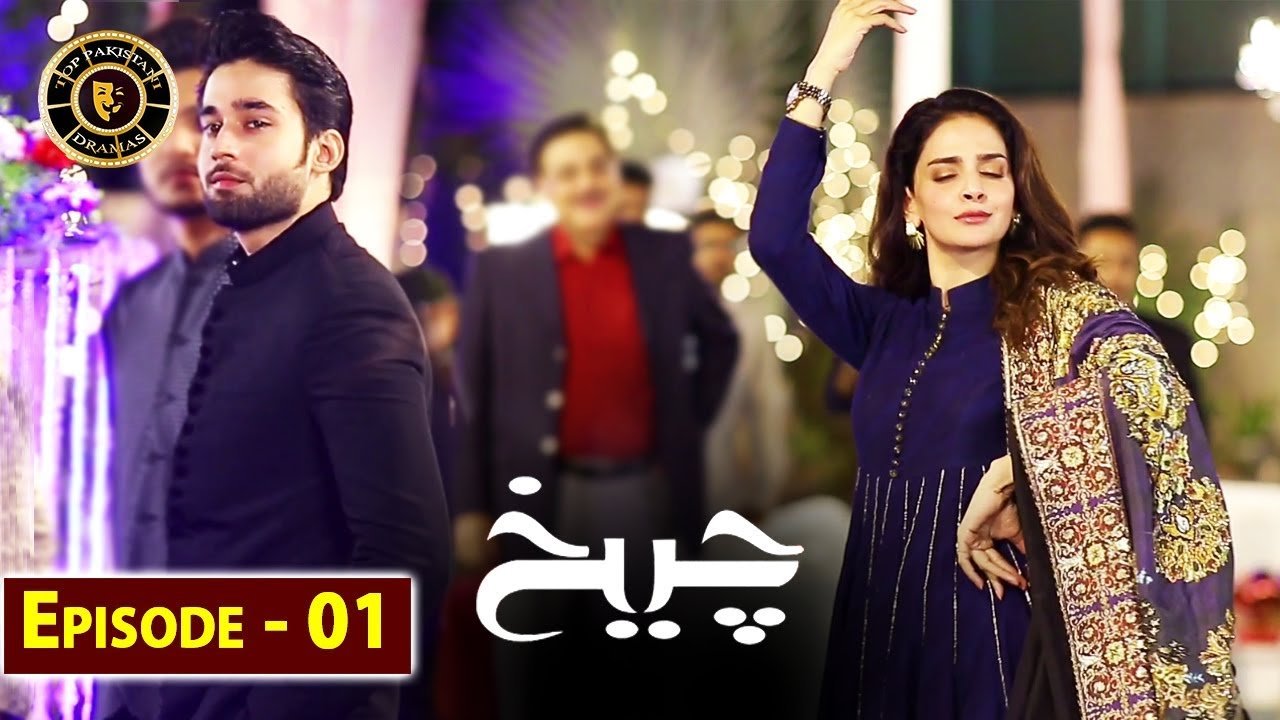
Plot Summary
The drama begins on a light note with Nayab, an innocent girl from a modest background, attending the wedding of her rich friend Mannat. However, the storyline takes a dark turn when Nayab is brutally assaulted at a family gathering hosted by Mannat’s in-laws. Nayab’s body is later discovered, and her death is ruled as a suicide, but Mannat suspects foul play.
Mannat embarks on a difficult journey to uncover the truth, suspecting that Wajih, her brother-in-law, is responsible for Nayab’s death. As Mannat delves deeper into her investigation, she is met with opposition not only from Wajih but also from her own husband, Shayan, and the rest of the family. The central theme of the drama revolves around the idea of justice—whether justice will prevail in a society where power and influence can easily manipulate the truth.
Over the course of the drama, the narrative grows darker and more intense, as Mannat’s pursuit for justice puts her in direct conflict with her family, societal norms, and the law. The drama reaches a harrowing climax as Mannat faces insurmountable obstacles in her quest to bring Wajih to justice. Cheekh poignantly portrays how deeply entrenched patriarchy and power structures can influence even the most righteous of causes.
Themes and Social Issues
Cheekh addresses multiple societal issues, including the power dynamics between rich and poor, the importance of standing up for truth, and the pervasive influence of patriarchy. Central to the drama is the moral dilemma faced by each character: to stand with the truth or to protect one’s family at any cost.
One of the key themes explored in the drama is justice—particularly for women who are wronged. Mannat’s unwavering resolve to bring Wajih to justice becomes a symbol of resistance against the patriarchal norms that often stifle women’s voices in Pakistani society. Her fight against the legal system and societal pressure reflects the harsh realities that women face when standing up against the powerful and influential.
Another important theme is morality. Throughout the drama, the characters are confronted with moral dilemmas, forcing them to choose between what is right and what is convenient. Wajih, for instance, represents the extreme end of moral corruption, where privilege allows him to escape the consequences of his actions. In contrast, Mannat symbolizes moral righteousness, even at the cost of personal loss.
The drama also critiques the legal system, which is often depicted as flawed and easily manipulated by those with power and money. Mannat’s struggle is not just against Wajih, but against a society that allows people like Wajih to escape punishment due to their social standing.
Direction and Writing
Director Badar Mehmood expertly helms Cheekh, maintaining a tight grip on the narrative throughout its 30 episodes. Mehmood’s direction is commendable, especially in his ability to create tension and suspense in key moments. The way he captures the emotional nuances of each character adds depth to the storytelling, keeping the audience emotionally invested in the outcome.
The writing by Zanjabeel Asim Shah is another highlight of the drama. The script tackles difficult themes with sensitivity and nuance, while also providing moments of emotional catharsis. Shah’s writing shines particularly in the character development of Mannat and Wajih. Mannat’s transformation from a regular woman to a crusader for justice is gradual but believable, while Wajih’s descent into deeper immorality is equally well-handled.
Shah also deserves praise for not shying away from showing the harsh realities of Pakistan’s justice system and societal norms. The dialogue is sharp and poignant, often providing insightful commentary on the nature of power, justice, and family dynamics.
Performances
The standout performance in Cheekh undoubtedly comes from Saba Qamar. Her portrayal of Mannat is layered, full of intensity and vulnerability. From her initial heartbreak at the loss of her friend to her fierce determination to seek justice, Saba Qamar breathes life into every scene, making Mannat one of the most compelling characters on Pakistani television in recent years.
Bilal Abbas Khan is another revelation in the role of Wajih. He portrays the character’s duality—charming on the surface but sinister underneath—with chilling conviction. His ability to convey Wajih’s lack of remorse makes him a terrifying antagonist.
Aijaz Aslam and Emmad Irfani also deliver solid performances, bringing depth to their respective roles as Shayan and Yawar. Aijaz Aslam, in particular, portrays the internal conflict of a man caught between family loyalty and moral righteousness with subtlety.
Ushna Shah, though appearing briefly, leaves a lasting impact with her performance as Nayab. Her innocence and vulnerability set the tone for the rest of the drama.
Ratings and Reception
Cheekh received overwhelmingly positive reviews from both critics and audiences alike. It was lauded for its gripping storyline, strong performances, and its willingness to tackle sensitive societal issues. The show maintained high TRP ratings throughout its run and became one of the most talked-about dramas of 2019.
Critics praised Saba Qamar’s performance as one of the finest of her career, while Bilal Abbas Khan’s portrayal of the antagonist was also widely appreciated. The drama’s bold narrative and suspenseful plot kept viewers on the edge of their seats, and its exploration of justice and morality resonated deeply with audiences.
On social media, Cheekh generated significant buzz, with many praising its progressive portrayal of women’s fight for justice. However, some viewers criticized the show’s ending, feeling that it could have provided a more satisfying resolution. Despite this, Cheekh remains one of the most impactful dramas in recent Pakistani television history.
Timings
Cheekh originally aired on ARY Digital, with episodes premiering every Saturday at 8:00 PM. The drama ran for 30 episodes, each lasting approximately 40–45 minutes. Given its intense storyline, many viewers watched it live or eagerly caught up with it on online streaming platforms after each episode aired.
Conclusion
Cheekh is a powerful drama that not only entertains but also provokes thought and conversation about the state of justice, morality, and power in society. With its stellar performances, gripping storyline, and impactful direction, it is a must-watch for anyone interested in socially relevant narratives. Its exploration of the strength and courage of women standing up against injustice makes it a significant work in the realm of Pakistani drama.
This drama’s success can be attributed to its strong narrative structure, exceptional performances by its cast, and its ability to shed light on crucial societal issues, making Cheekh one of the most memorable and significant dramas of recent years.
